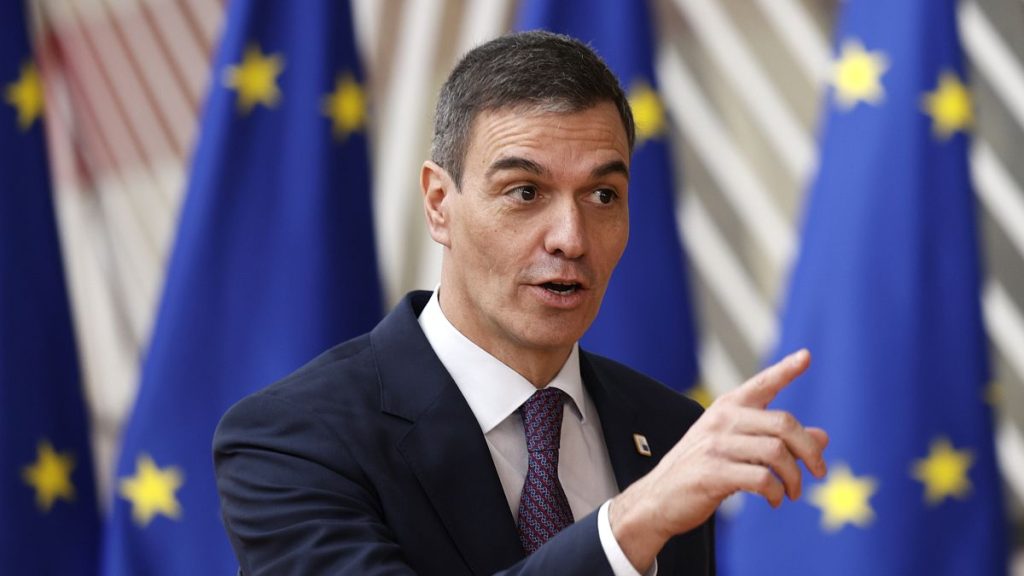The recent European elections had a significant impact on Spain, with the centre-right PP party emerging as the winner. However, the victory of the PP did not lead to the collapse of Premier Pedro Sánchez’s government as the conservatives had hoped. Despite the resurgence of the PP, Sánchez’s socialist PSOE party maintained a solid base of support. Sánchez, who still has three years left in his term, has no intention of calling early elections. From an institutional perspective, nothing has changed, and Sánchez still has majority support in parliament.
Sánchez is facing challenges ahead as his electoral strategy has strained relationships with key allies, including the leftist movement Sumar and the Catalan parties. The coalition partners of Sánchez lost support in the European elections compared to the general vote last year, indicating a possible transfer of supporters from Sumar to the socialists. Tensions are expected to escalate as negotiations for the investiture of the president of the Generalitat of Catalonia begin, where the socialists won the regional elections but fell short of a majority. However, Catalonia remains one of the few regions where the socialists outperformed the PP, coming in first in two provinces at the expense of pro-independence parties.
Following the European elections, Yolanda Díaz, vice president of the Spanish coalition government and leader of Sumar, announced her decision to step down as coordinator of the movement. Despite this, she will continue as vice president and minister of Labour, with plans to push for more distinctive policies within the coalition government. The competition between Sánchez’s allies and his socialist party in parliament has led to internal challenges, stalling initiatives and preventing the passing of the general budget. However, the fear of a potential coalition between the centre-right PP and the far-right Vox may serve as a unifying factor for Sánchez’s allies, ensuring that his government remains functional despite internal challenges.
The potential threat of a PP-Vox coalition has driven Sánchez’s allies to remain united, despite their differing interests and agendas. This shared apprehension may act as a cohesive force within the otherwise fragmented alliance supporting Sánchez. The fear of a far-right coalition coming to power has prompted his allies to prioritize unity, allowing Sánchez’s government to continue functioning effectively. While Sánchez may face challenges ahead as his relationships with key allies become strained, the fear of a far-right coalition may serve as a unifying factor for his diverse parliamentary bloc. This shared fear may help to maintain the stability of Sánchez’s government in the face of potential challenges.












